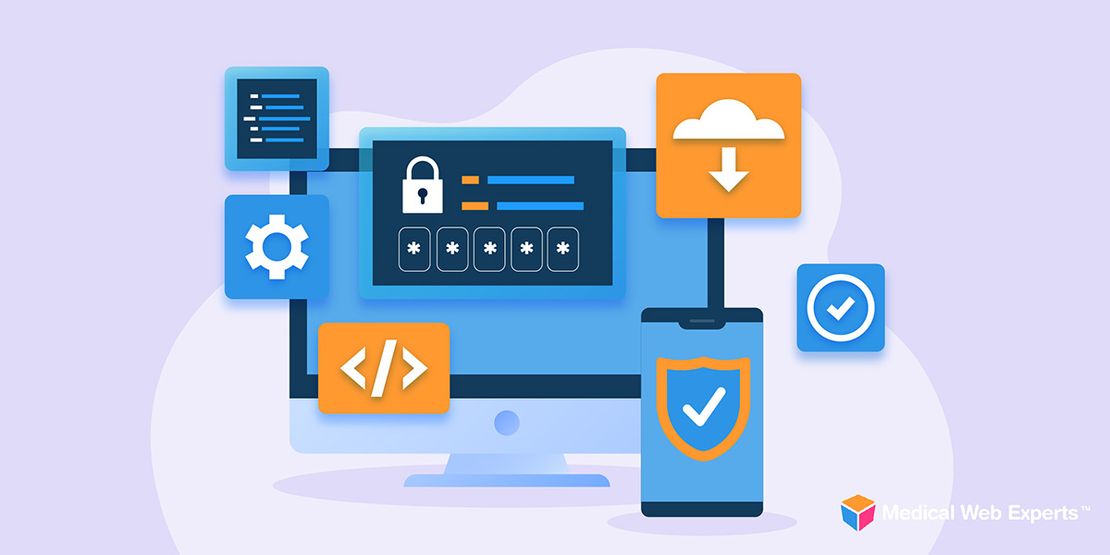While the health industry is growing steadily, healthcare providers are also looking for ways to decrease spending by empowering patients to take better care of themselves. Apple’s new product, HealthKit, was designed with this purpose in mind, and is making waves as a user-friendly way to not only cut back on expenses, but also increase patient engagement.
New-Orleans based Ochsner Medical Center, Duke University Hospital and Stanford Healthcare, as well as 13 other major U.S. hospitals, have been running trials using HealthKit, which allows third-party devices and monitors to track and organize patients’ medical information in real time. Duke is using HealthKit to track the glucose levels of patients with diabetes, Stanford is testing the app on patients with chronic illnesses like cancer and heart disease, and Ochsner Medical Center is focusing high-risk patients with high blood pressure. In each trial, HealthKit is being used to monitor patient health by sending statistics directly to providers’ iPhones and tablets for tracking and review.
HealthKit was released along with the Apple Health app in iOS 8. It tracks data from the iPhone’s sensors and additional accessories like the Apple Watch, and it allows different health and fitness apps to work together. The app is great for health providers as well as patients, as it helps manage prescriptions, create appointments, organize medical bills and track vital signs remotely.
[related_content]The ability to track vital signs is a key feature, as it means that doctors have the ability to monitor high-risk patients more closely in order to prevent hospitalizations. Many doctors have complained that they don’t have time to manage mobile patient data; however, the fact that HealthKit makes it possible to send data to a provider’s electronic health record system takes care of that problem.
Epic is one example of an EHR company that is working with Apple’s HealthKit. This is no small feat, as
mobile health app developers have long looked for ways to integrate apps, platforms and EHRs seamlessly. Other EHR vendors are sure to follow.
Whether or not Apple will dominate in the healthcare field is still to be determined, as there are other dominant players such as Microsoft, Samsung and Google. Samsung already has 24 health IT partners, including Aetna, the Cleveland Clinic and Cigna, while Microsoft and Google have their own health initiatives in the works. In an industry with so much room for growth, it’s doubtful that any of these companies will have a problem securing a chunk of the market.


